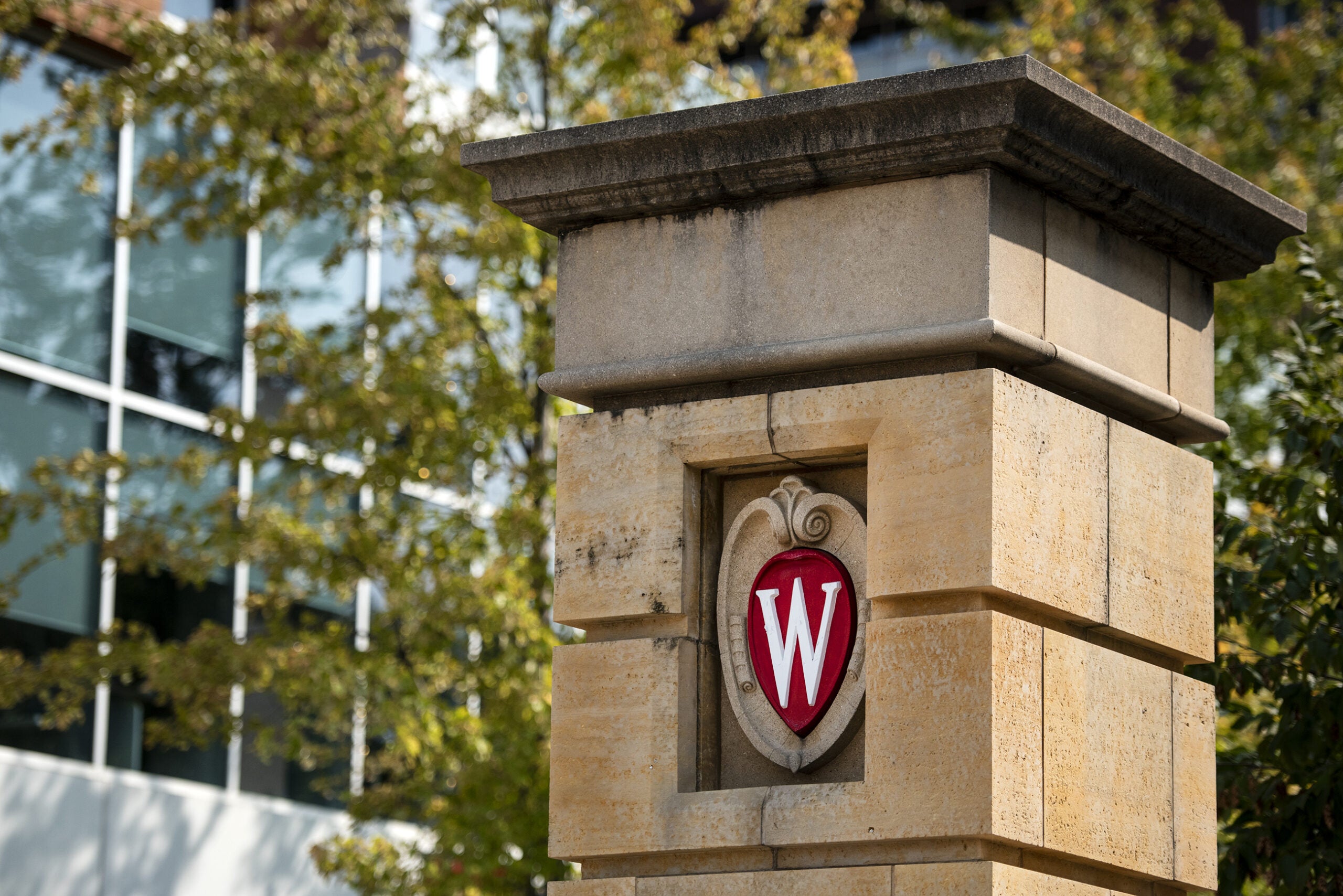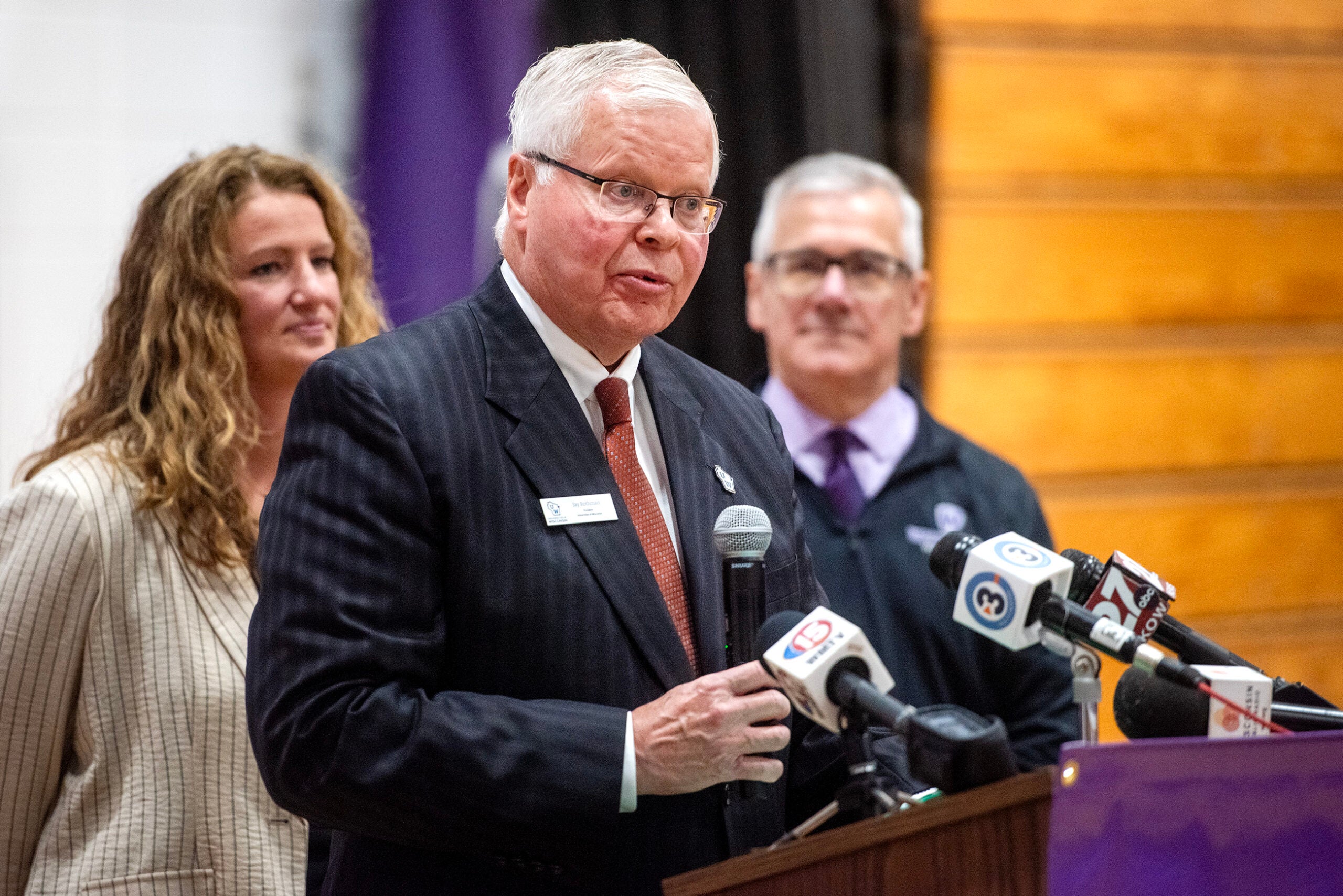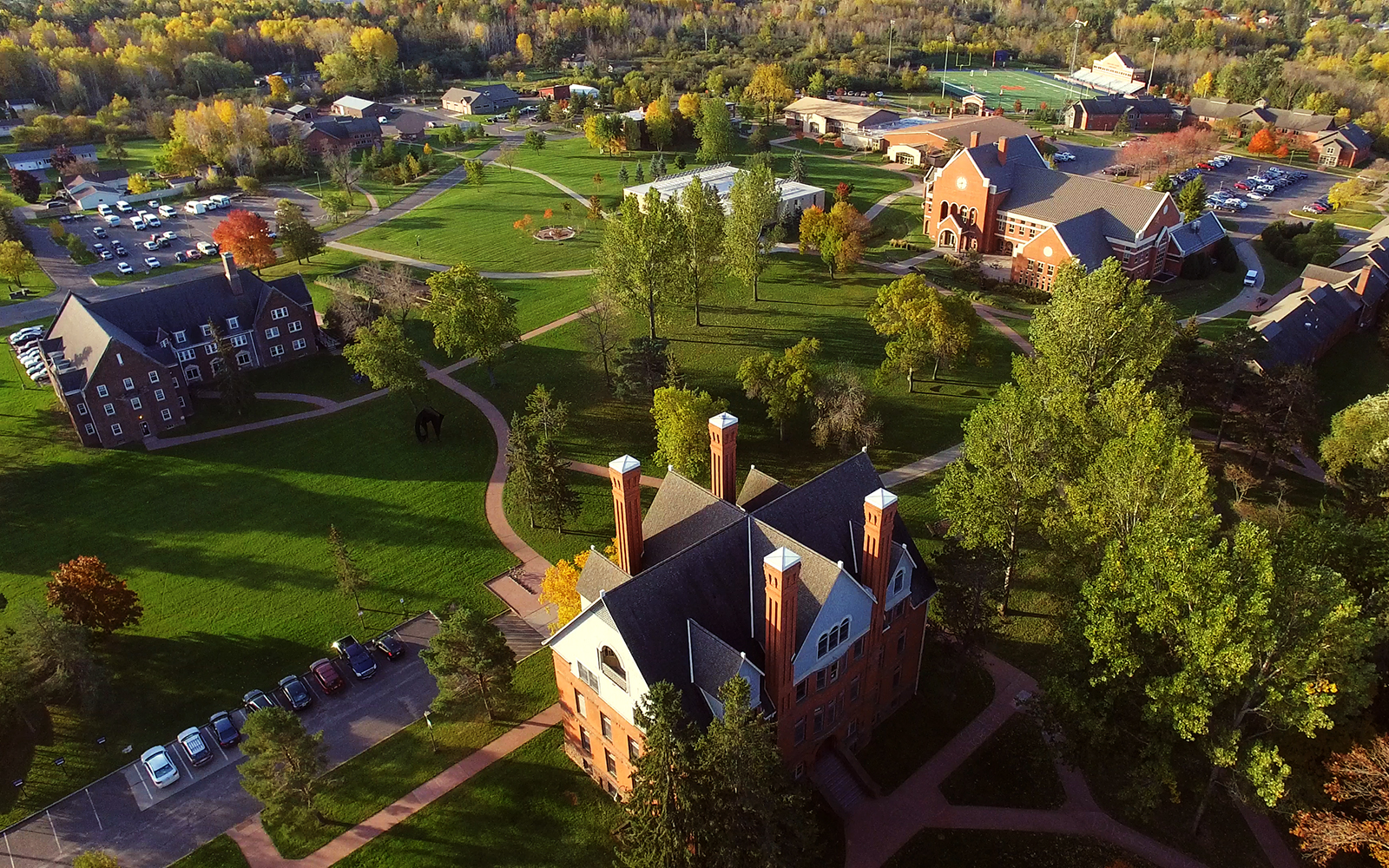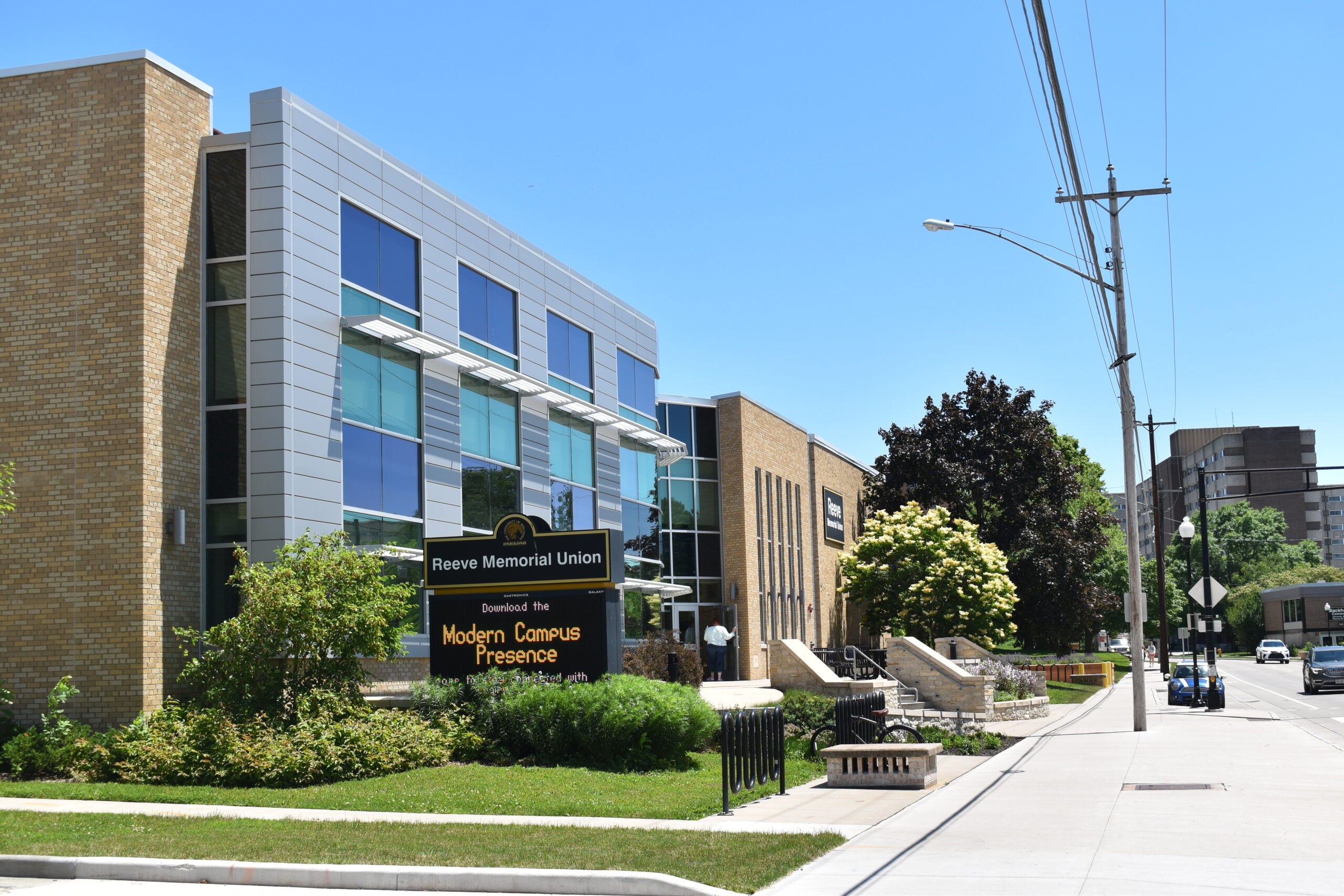Assembly lawmakers on Tuesday approved a wide range of proposals that would affect higher education in the state, including an automatic-admission policy for the flagship campus at the Universities of Wisconsin and standardized rules around free speech on state campuses, which Republicans argued would expand intellectual diversity and Democrats warned would have a chilling effect.
Lawmakers also approved changing higher education programs aimed at expanding minority enrollment so that they remove race-specific language and target students deemed “disadvantaged” instead.
The slate of higher education legislation comes amid a political battle over pay raises for most UW employees. Assembly Speaker Robin Vos, R-Rochester, has said those increases will be on hold until the UW System eliminates positions related to diversity, equity and inclusion, known as DEI.
News with a little more humanity
WPR’s “Wisconsin Today” newsletter keeps you connected to the state you love without feeling overwhelmed. No paywall. No agenda. No corporate filter.
Late last month, Gov. Tony Evers filed suit against Republican lawmakers, saying blocking the raises oversteps their legislative authority.
On Tuesday, lawmakers unanimously approved pay raises for most other public employees. Democrats used that vote to call attention to the outstanding UW raises.
The proposal to change race-based programs would forbid schools to build programs that consider “the student’s race, ethnicity, national origin, gender, sexual orientation, or religion.” Those programs include certain grants and loans.
It comes months after the U.S. Supreme Court determined that race-conscious admissions practices at colleges and universities are unlawful.
Rep. Nik Rettinger, R-Mukwonago, said the Wisconsin proposal builds upon that ruling in an attempt to make state colleges and universities “color-blind.”
“It ensures that every applicant is evaluated solely on their individual merits, which is what these decisions should be based on: academics, extracurriculars, true financial need,” he said.
Critics of removing such programs say that they exist to rectify historic injustices that have led to underrepresentation of certain groups from higher education, including elite institutions like the flagship UW-Madison.
Debate over diversity on university campuses
Amid the fight over promoting DEI on campuses, the Republican authors of Tuesday’s higher ed bills argued that, in combination, they will expand diversity by allowing for a wider range of viewpoints — including conservative political opinions — to gain exposure at public universities.
The automatic admission proposal would guarantee admission to the UW-Madison for students graduating in the top 5 percent of their high school classes, and guarantee admission to any other state university if they are in the top 10 percent of their graduating class.
Republicans argue that UW-Madison has been overly secretive with its admissions criteria, and alleged that qualified students have been rejected from the school, sending top talent to neighboring universities.
“This is the way to get the best and brightest from all of our schools to have a shot at the American dream and going to our flagship university,” said Rep. David Murphy, R-Greenville.
Rep. Alex Joers, D-Middleton, said he supports guaranteed admission, but the GOP proposal does not support a broad enough range of Wisconsin students.
“We need to use caution here, as over-emphasizing a ranking system could pit Wisconsin high school students against each other,” he said. “This cannot be the Hunger Games.”
The proposal passed 63-34.
The campus free speech bill would allow campuses to be liable for fines of up to $500 a day, and up to $100,000 total, if a person’s First Amendment rights are determined to have been violated.
The bill’s co-author, Rep. Amanda Nedweski, R-Pleasant Prairie, said that unpopular opinions are stifled on college campuses and argued that has contributed to decreasing enrollment in certain schools.
“Where is the commitment to the fearless sifting and winnowing by which alone the truth can be found when thoughts and ideas are actively suppressed with threats of being labeled a racist, a bigot, or whatever flavor of ‘phobic’ is popular in the moment,” she said. “Students choose post-secondary education to broaden their minds. They do not want to invest their small fortune into echo chambers of narrow group think.”
But Rep. Jodi Emerson, D-Eau Claire, said the legislation could have a chilling, rather than liberating effect on free speech, by making educators afraid to encourage debate.
“Those professors that pushed you — the professors that made you question, ‘Why do I believe what I believe?’ — I don’t know about everybody else in this room, but for me, those were the professors that made a real difference in my world,” she said.
The proposal passed 62-36.
Citizenship requirements for technical board members
Lawmakers also approved a citizenship requirement for members of technical college boards that Democrats argued targets just one sitting member of the Gateway Technical College Board.
“I think this is a bad bill. I think it’s exclusionary, and I think it’s bizarre,” said Rep. Tip McGuire, D-Kenosha.
But Nedweski, the bill’s author, said it was drafted to address concerns about non-citizens having tax-levying authority.
“It is not meant to target one person, who is truly an amazing person and a wonderful, valuable contributor to our community and to the Gateway Technical College Board,” she said. “It’s simply meant to fix what I believe to be a legislative oversight.”
There was also unanimous bipartisan support for a bill to expand protections for student journalists. That bill would bar school officials from restricting what students report or produce.
Editor’s note: WPR staff are employees of the UW-Madison.
Wisconsin Public Radio, © Copyright 2025, Board of Regents of the University of Wisconsin System and Wisconsin Educational Communications Board.







